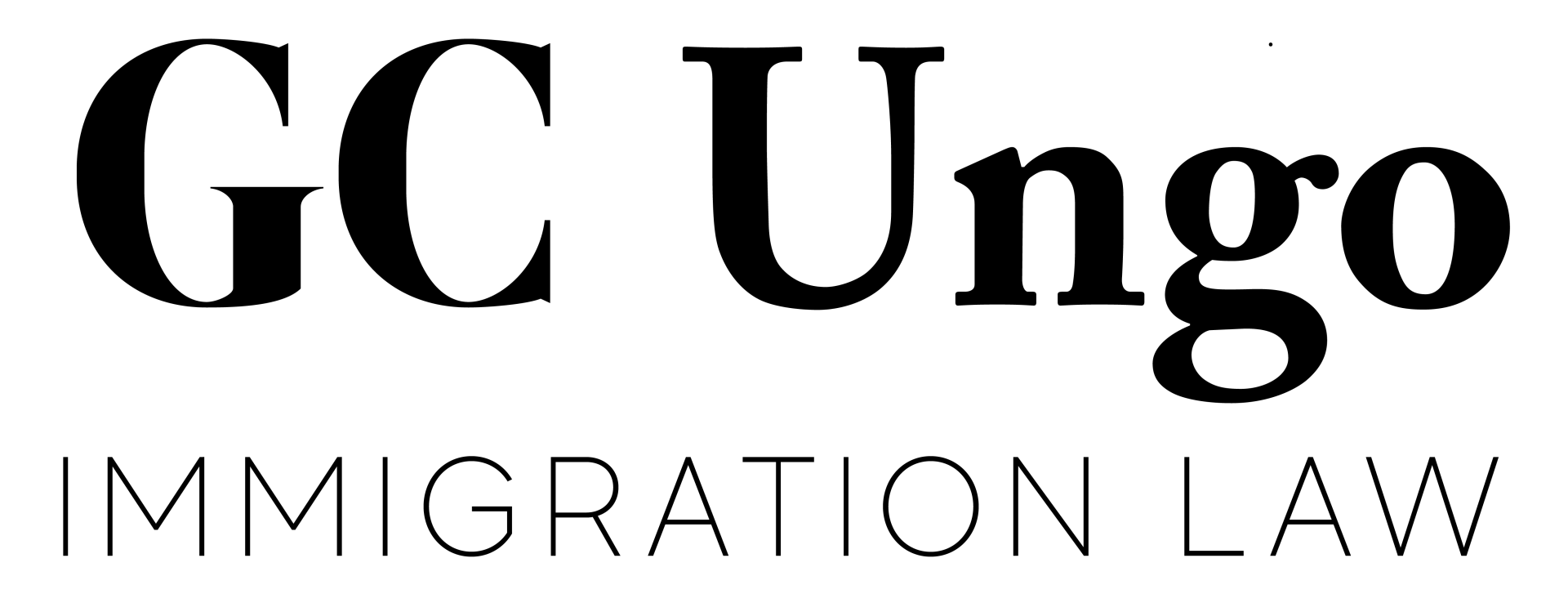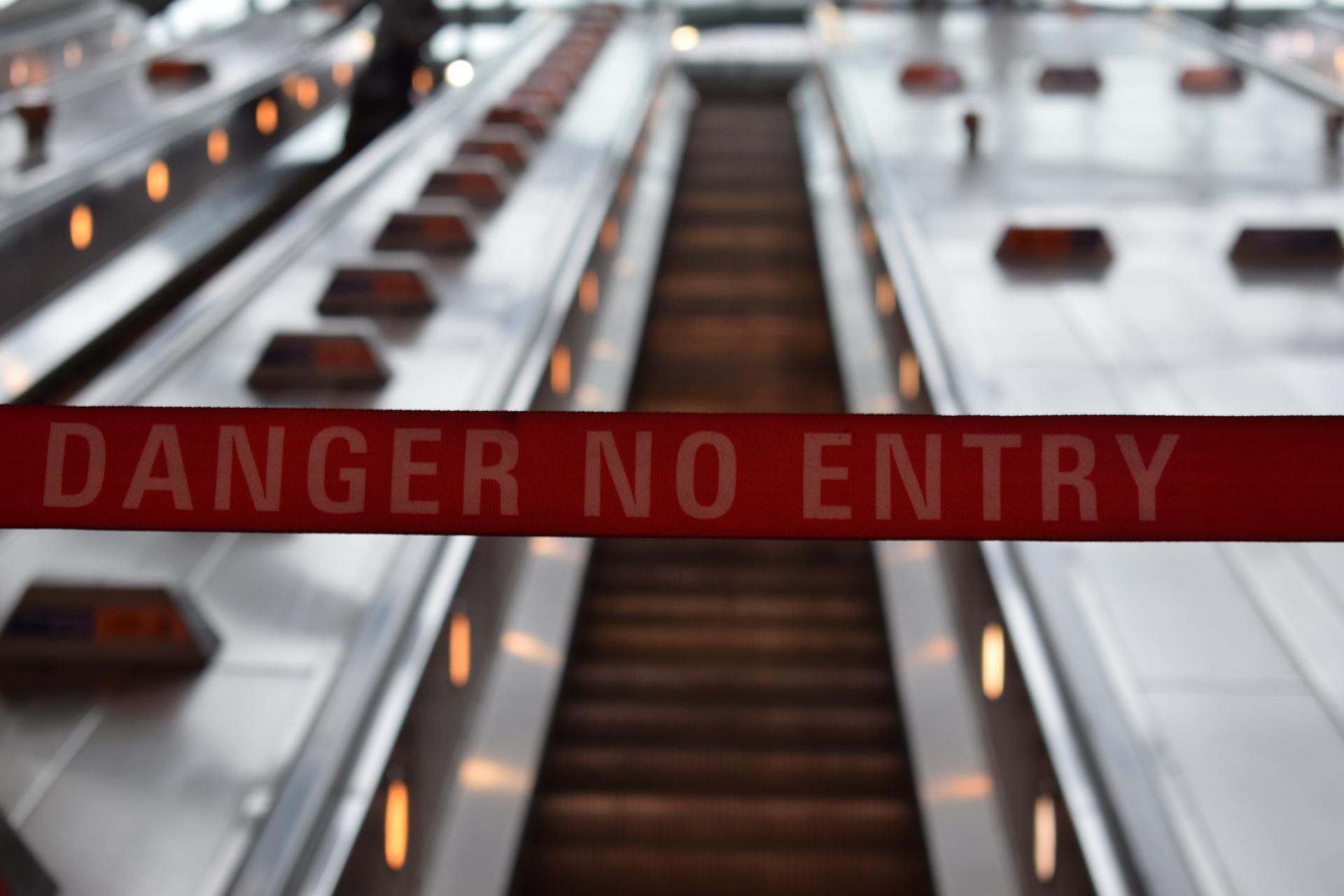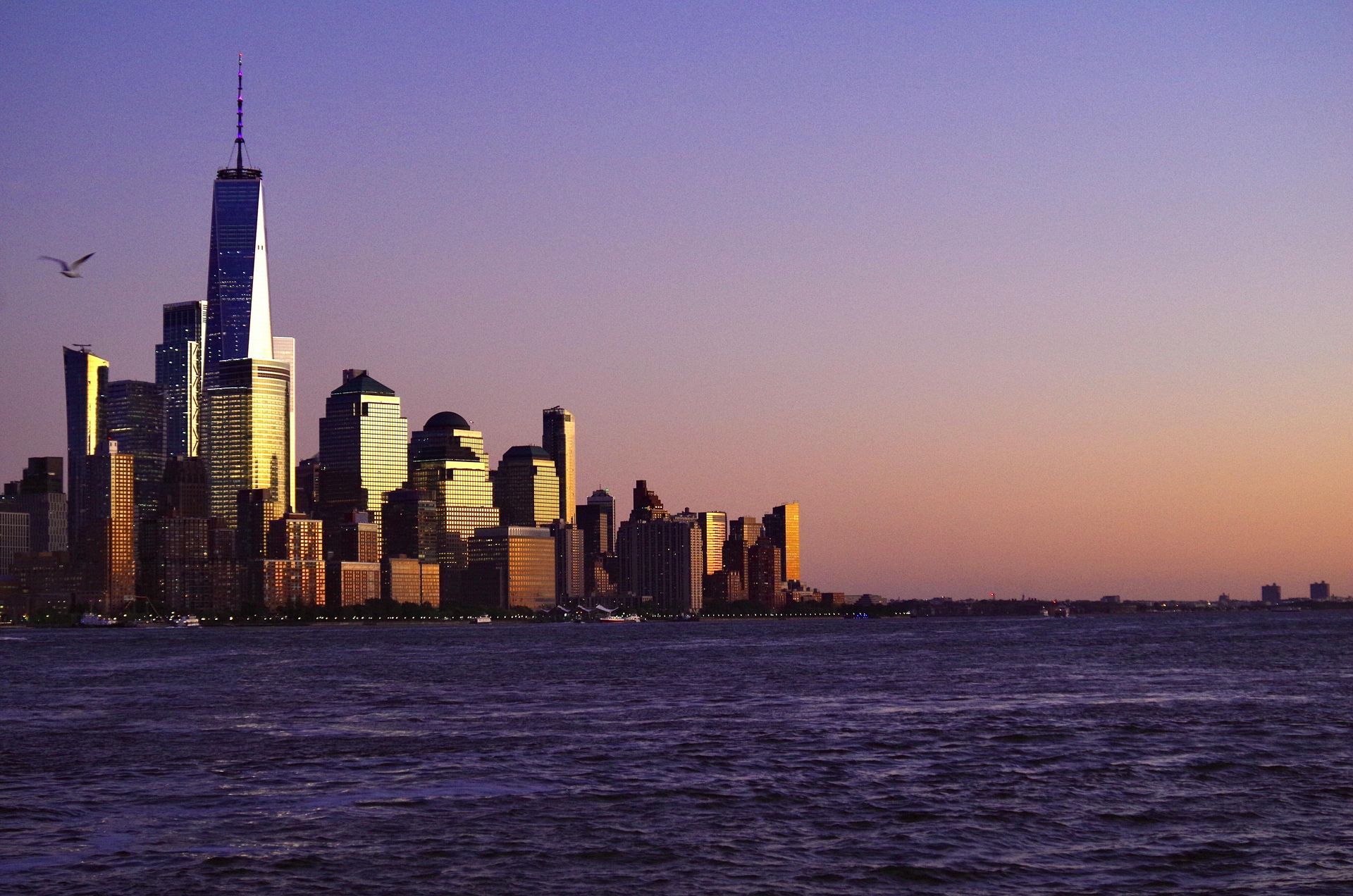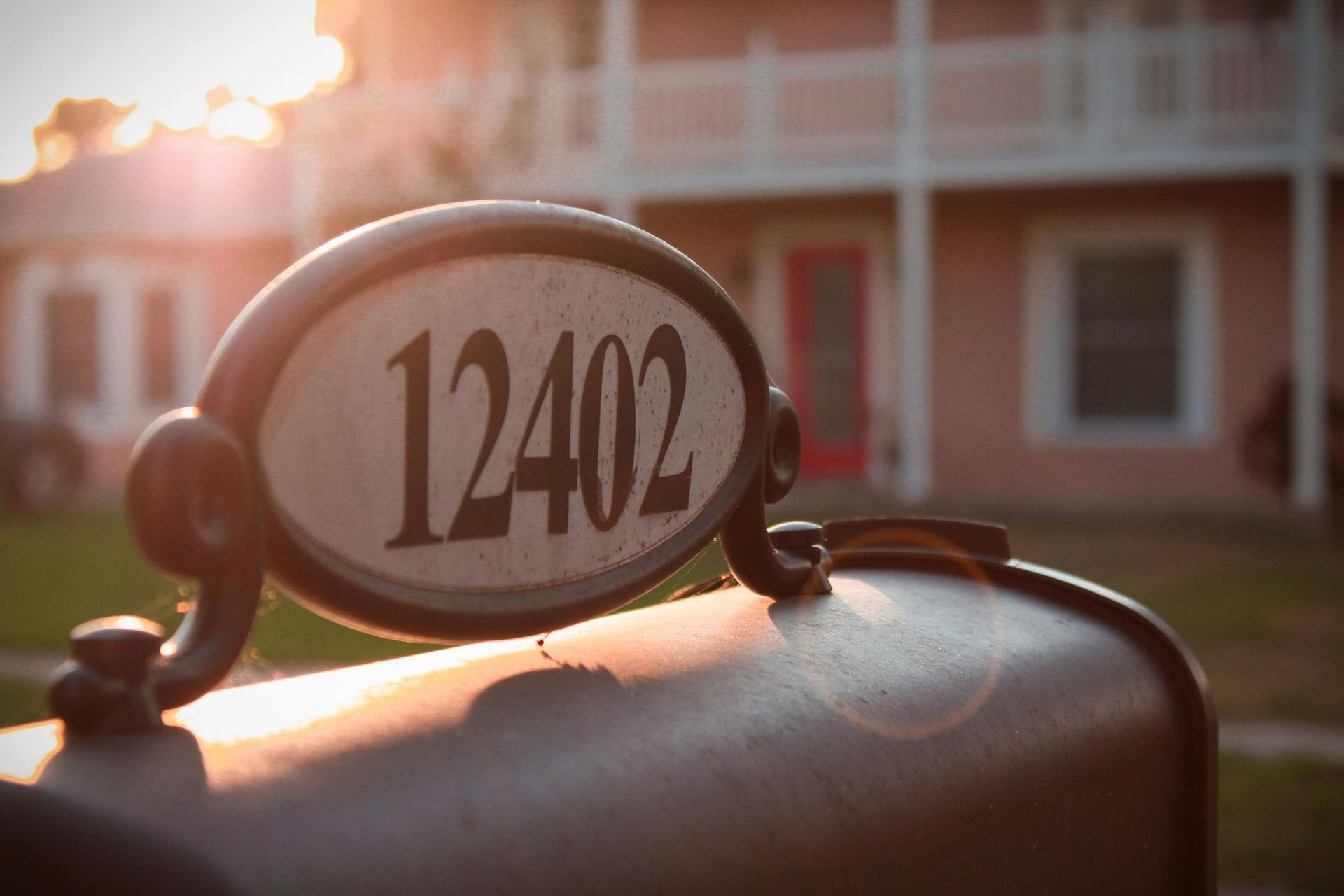Summary of Trump's Administration's Proclamation Regarding H-1B Visas
President Donald Trump issued a proclamation on Sept. 19, 2025, restricting the entry of certain H-1B nonimmigrants by mandating $100,000 payment prior to filing H-1B petitions with some exceptions.
On September 19, 2025, President Donald Trump issued a proclamation under 8 U.S.C. § 1182(f) & § 1185(a), substantially reforming the H-1B visa program by imposing a $100,000 fee requirement for each new H-1B petition, effective for petitions submitted after 12:01 a.m. EDT on September 21, 2025.
The $100,000 fee only applies to new H-1B petitions and does not affect:
- Individuals with current H-1B visa status.
- Individuals with a valid H-1B non-immigrant visas who are currently outside of the country.
- Individuals of pending H-1B petitions that were filed prior to the effective date of the proclamation (Sunday, September 21, 2025 at 12:01am EST), including those who participated in the fiscal year 2025 lottery.
There is nothing in the proclamation that appears to prevent individuals with current H-1B status from filing extensions (renewals)of their H-1B visa.
Key Proclamation Provisions
- Employers must pay a $100,000 fee for every new H-1B petition for workers currently outside the United States submitted after the effective deadline.
- Does not prevent any holder of a current H-1B visa from traveling in and out of the United States.
- The Department of Homeland Security and Department of State are instructed to deny entry or approval of H-1B petitions unless the $100,000 fee has been paid, except for cases deemed in the national interest or not posing a security risk.
- Payment verification and enforcement will involve Department of Labor audits and rule making for higher prevailing wage levels on H-1B jobs.
The restriction is set to last for 12 months, from Sept. 21, 2025 to Sept. 20, 2026, and may be extended based on recommendations from relevant federal agencies.
National Interest Exemptions
Industries and sectors most likely to be exempt from the $100,000 H-1B petition fee under the September 2025 Trump proclamation are those that can convincingly demonstrate their work is in the “national interest” or essential to the safety, health, or security of the United States. It is unclear from the proclamation how this exception will operate in practice.
Exemptions are not automatic for any industry, but the following sectors are expected to have stronger cases for fee waivers:
- Healthcare/Public Health: hospitals, clinics, and medical research institutions performing work critical to U.S. public health, treating underserved areas, or responding to medical emergencies are strong candidates for exemption.
- National Security & Defense: Industries engaged in defense manufacturing, cybersecurity, and national security operations (including contractors and government-affiliated research organizations) are likely to qualify for exemptions. Work in biotech or advanced science tied to military or defense uses also falls under this category.
- Critical Infrastructure: Sectors such as energy, transportation, and utilities may be exempt if roles are tied to maintaining essential infrastructure or supporting security needs.
- Education and Research: university research and nonprofit organizations contribute to national interest, but they are not automatically exempt; each petition needs separate justification.
- IT, Technology, and STEM: likely to grant exemptions if the position is linked to cybersecurity, defense systems, or national infrastructure.
Ordinary software engineering and support roles are unlikely to qualify unless the employer demonstrates a direct tie to national interest functions.
What Remains Unclear
It is unclear if the H-1B cap-exempt employers such as nonprofit entities and universities will be required to pay the $100,000 fee.
It is anticipated that the Proclamation will be challenged in court due to ambiguities regarding re-entry, change of status, and compliance mechanisms.










